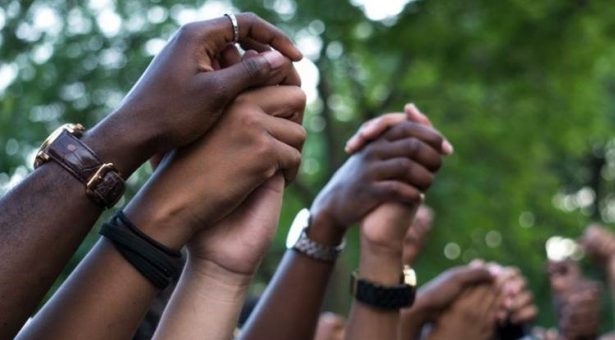Bushra Abu-Helil named as Vice-Chair of BAME Ecologist Network

Having kept chickens for longer than she can remember, Bushra Abu-Helil always considered them her ‘gateway’ animal into natural sciences. Borrowing an old incubator from a friend, throughout high school she would hatch chickens and peacocks in her mum’s kitchen. These experiences led her to where she is now.
Growing up in rural Essex, and being one of very few people of colour in the area, Bushra developed a resilience to fitting a mould not built for her. Then at university, there was only one other person of colour on her zoology course and she soon came to realise the value of diversity. “Having an alternative background to the majority brings exciting new perspectives that may have never been considered”, reflects Bushra, as she now tries to use these perspectives to make ecology and academia more inclusive.
The BAME Ecologist Network, supported by the British Ecological Society, commenced at the end of 2020 gaining momentum from the Black Lives Matter movement over the summer. Sharing personal journeys of how members got into science highlights the shared inequalities faced as academics, professionals and nature enthusiasts. These matters are always at the forefront of the conversation. Members benefit from sharing these experiences to others so that they better understand and facilitate a more inclusive environment for their colleagues, students and peers. “Being with fellow animal lovers of colour is empowering and I am excited to see how we progress to create a diverse future in British ecology and animal sciences”, says Bushra.
This year Bushra has been named as Vice-Chair of the network. Since establishing, Bushra has been involved in opportunities with various platforms and organisations including the incredible chance to chair a race-focused workshop for the British Ecological Society’s Festival of Ecology in December. Bushra also recently spoke with Planted Cities about meaningful solutions in bridging the gap between the UK countryside and BAME communities living in urban areas (you can check out the full interview here).
Challenging the inequalities in zoology and ecology begins with identifying the barriers and then acting to remove them. “By opening the discussion in a safe space and creating the BAME Ecologist Network, we are beginning to challenge racial disparities in animal sciences”, says Bushra.
The BAME Ecologist Network is open to anyone who identifies as BAME and has an interested in ecology. Whether you are a new zoology undergraduate or a plant enthusiast at home, they support people of colour in nature and be sure their voice is heard.
If you are interested in joining the BAME Ecologist Network, contact Karen Devine Head of External Affairs for the British Ecological Society (karen@britishecologicalsociety.org).
